Research
Condensed matter physics is the study of materials and patterns which can be constructed from atoms and molecules, seeking simple ways to express the origins of the diversity of physical properties which emerge from the essential ingredients of electrons, nuclei, and electromagnetic forces. My research program focuses on understanding electronic properties, which are of tremendous technological importance and present fascinating conceptual puzzles.
Much of our current ability to describe the materials we use, such as metals, semiconductors, insulators and superconductors, arises from the fact that in some cases a single type of energy dominates the electronic behavior. However, this is not always the case, and in fact systems in which a delicate balance is achieved between competing interactions are often the most important for applications while also being the most challenging to understand.
Some topics of current interest are the influence of disorder on systems with strong electron-electron interactions and the effect of electron-electron interactions on systems with disorder-induced localization.
Much of our current understanding of materials focuses on equilibrium properties. Thermodynamic equilibrium can be defined practically as a state in which physical properties, such as temperature and density, are uniform in space and independent of time. From a theoretical perspective, the assumption that all states of the same energy are equally likely is the foundation of equilibrium statistical mechanics. This powerful set of calculation tools has provided many valuable insights.
However, not all systems are in equilibrium. How is equilibrium reached? In classical systems chaos plays the key role, while in quantum systems the process of equilibration remains surprisingly poorly understood. Moreover, some systems, when isolated from their environment, cannot reach equilibrium. Questions with direct relevance to the burgeoning field of quantum computing include How does quantum entanglement evolve within an isolated system and between an isolated system and its environment? And how can the growth of entanglement be controlled?
Publications: A nearly complete list of my publications can be found here.
Prospective graduate students: I am actively seeking graduate students. If you are interested, please see information under the Graduate studies tab above.
Undergraduate students: I regularly supervise undergraduate summer research projects as well as project courses. If you are interested, please contact me (email is usually a good place to start). The information here may also be useful.
Journals: arXiv, APS journals, Nature, Science
Organizations:
Canadian Association of Physicists (CAP)
American Physical Society (APS)
National Science and Engineering Research Council (NSERC)
Shared Hierarchical Academic Research Computing Network (SHARCNET)
